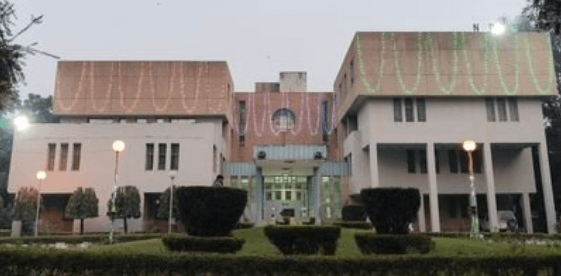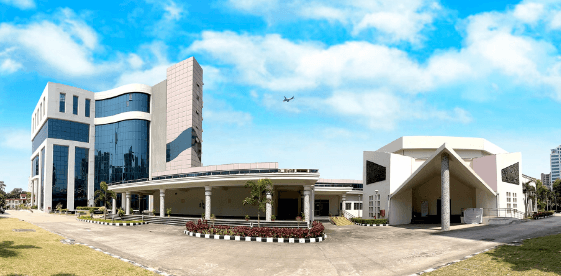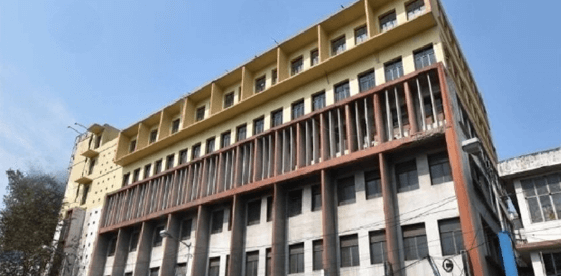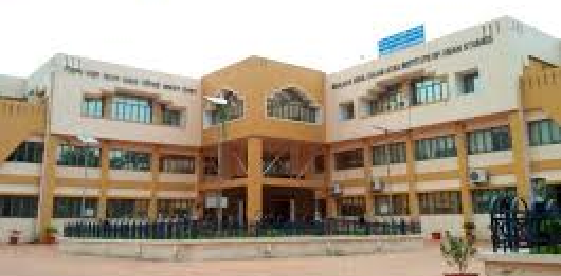
National Research Laboratory for Conservation of Cultural
Established in 1976 under the Ministry of Culture, the National Research Laboratory for Conservation of Cultural Property (NRLC) focuses on preserving India’s cultural heritage. It conducts scientific research on materials, art techniques, and conservation methods. Equipped with modern labs, NRLC supports monuments, museums, and archives. Through training and collaborations, it promotes heritage conservation, having published over 200 research papers in reputed journals to share its findings with the world.

Anthropological Survey of India
The Anthropological Survey of India (ANSI), founded in 1945, serves as the apex institution for bio-cultural research in the country. Renowned for its multidisciplinary framework, ANSI brings together social, cultural, and biological anthropology through specialized divisions including Linguistics, Human Ecology, Palaeoanthropology, Biochemistry, and DNA laboratories. Its commitment to documentation and dissemination is reflected in dedicated units for Visual Anthropology, Photography, and Sound, complemented by an extensive library and robust publication network.

The Asiatic Society
The Asiatic Society, founded in Calcutta in 1784 by Sir William Jones, has long stood as a centre of intellectual and cultural enrichment. Celebrated for its pioneering academic contributions, it has advanced scholarly dialogue across Asia for over two centuries. With publications like Bibliotheca Indica, Memoirs, and the Journal of the Asiatic Society (since 1832), it continues to champion oriental studies, literature, history, and science, fostering enduring academic and cultural exchange.

Maulana Abul Kalam Azad Institute of Asian Studies
The Maulana Abul Kalam Azad Institute of Asian Studies (MAKAIAS), established in 1993, is a premier research institute supported by the Ministry of Culture and guided by the Governor of West Bengal. Focused on modern developments in South, Central, and West Asia, it emphasizes India’s regional relations. Through research, publications, and collaborations, MAKAIAS promotes interdisciplinary scholarship and cultural exchange across Asia, fostering a deeper understanding of the region’s socio-political landscape.





